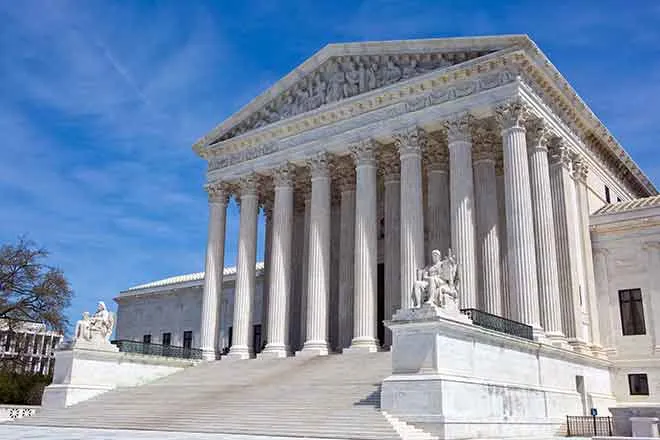
For stroke awareness month, doctor advises people to 'BE FAST'
(Washington News Service) May is stroke awareness month. People need to act quickly to avoid lasting damage when they happen - and remember the acronym "BE FAST."
- 'B' stands for balance and watch if someone is losing it.
- 'E' stands for eyes and changes to vision.
- 'F' is for face and signs of it drooping.
- 'A' is for arms and looking for signs that one arm is dropping when raised.
- 'S' is for speech, listening to hear if it's slurred.
- 'T' stands for time to call 911 if any of these signs are present.
Dr. Jennifer Pary is a stroke neurologist at Kaiser Permanente in Spokane. She said in a stroke, time equals brain.
"If you have signs and symptoms of stroke, there's something that can be done about it. And there's new treatments all the time," said Pary. "But time is brain and the longer you wait to go in, the more damage that can be done to the brain that is irreversible."
Pary said strokes are the number four cause of death in the United States and the leading cause of disability. An average of 800,000 Americans experience strokes each year.
Pary said there are factors that increase the risk of stroke, including diabetes and high cholesterol. But she said the main factor people should keep in mind is blood pressure.
"That is the number one treatable risk factor for stroke," said Pary. "And in fact if everyone's blood pressure were under control in this country I probably wouldn't have a job."
Pary also warned about mini-strokes, or transient ischemic attacks, which are strokes that only last for a few minutes. She said this often is a warning sign that a bigger stroke is around the corner.
"I always encourage those patients to go in and get checked out right away as well," said Pary, "because we can find certain things that might put them at high risk that could be handled right away and get them on the right medications to prevent a big stroke from happening."















